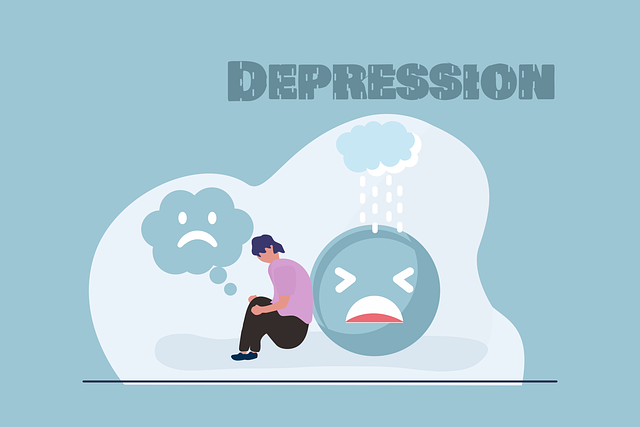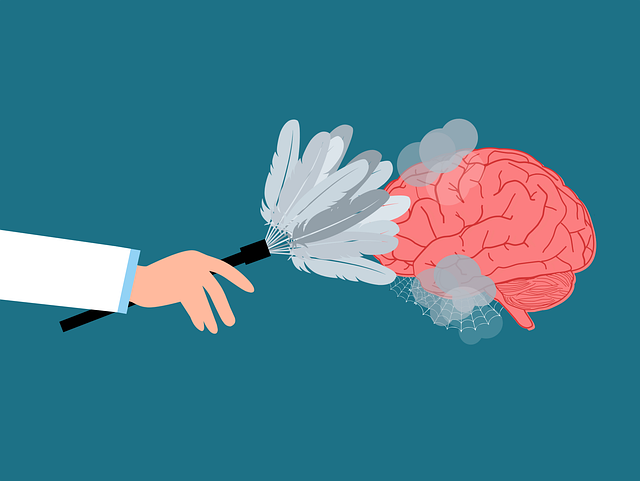Men face unique barriers in seeking therapy due to societal expectations and lack of accessible support. Superior Men's Issues Therapy addresses these challenges by offering specialized trauma support and inner strength development strategies. Incorporating elements from the Mental Wellness Podcast Series Production creates a safe space for men to share experiences. Effective risk management in mental health involves evidence-based interventions, robust communication, and tailored interventions to prevent crises and enhance care quality. Professionals must stay current with research, prioritize self-care, and foster open communication for superior client outcomes.
“In the realm of mental health practice, particularly within the niche of men’s therapy, risk management planning is paramount. This article explores the unique challenges and risks that therapists encounter when catering to male clients. We delve into developing a comprehensive strategy, including understanding specific risks in men’s therapy, implementing mitigation techniques, and fostering a culture of continuous evaluation. By adhering to these practices, mental health professionals can enhance their approach to Superior Mens Issues Therapy while ensuring safe and effective treatment.”
- Understanding the Unique Risks in Men's Therapy
- Developing a Comprehensive Risk Management Plan
- Implementing Strategies for Mitigation and Prevention
- Continuous Evaluation and Adaptation in Mental Health Practice
Understanding the Unique Risks in Men's Therapy

Men often face unique challenges when it comes to seeking therapy, stemming from societal expectations and a lack of accessible, tailored support. As mental health professionals, understanding these specialized risks is paramount for effective treatment. Many men struggle with expressing emotions, viewing vulnerability as a weakness, which can hinder traditional talk therapy approaches.
The field of Superior Men’s Issues Therapy focuses on these specific barriers, offering trauma support services and inner strength development strategies. This tailored approach recognizes that men might require different techniques to open up and engage in the therapeutic process. Incorporating elements from the Mental Wellness Podcast Series Production, professionals can create a safe space, encouraging men to share their experiences and work through issues, ultimately fostering better mental health outcomes.
Developing a Comprehensive Risk Management Plan

In the dynamic field of mental health professionals, effective risk management planning is paramount for ensuring patient safety and delivering superior men’s issues therapy. A comprehensive risk management plan serves as a strategic roadmap to navigate the complex landscape of potential hazards and challenges inherent in therapeutic settings. This involves a meticulous process of identifying, assessing, and mitigating risks that may impact both clients and practitioners, fostering an environment conducive to mental wellness podcast series production.
By integrating key components such as thorough risk assessment tools, evidence-based interventions, and robust communication protocols, mental health professionals can proactively address issues related to mood management and social skills training. This proactive approach not only safeguards against unforeseen crises but also enhances the overall quality of care delivered, ultimately contributing to positive outcomes for clients engaging in superior men’s issues therapy.
Implementing Strategies for Mitigation and Prevention

Implementing strategies for mitigation and prevention is a key aspect of risk management planning for mental health professionals. By integrating evidence-based practices and proactive measures, therapists can create a safe and supportive environment that enhances mental wellness while mitigating potential risks. This includes adopting effective conflict resolution techniques to address interpersonal challenges and fostering open communication channels. Early identification of at-risk individuals and the implementation of tailored interventions can prevent escalating issues, such as depression prevention strategies, which are crucial in managing client vulnerabilities.
Professionals should prioritize self-care practices to maintain resilience and emotional well-being. Regular supervision and collaboration with peers enable therapists to discuss complex cases, gain different perspectives, and stay updated on the latest research and intervention techniques. This holistic approach ensures that mental health professionals can effectively manage risks, deliver superior men’s issues therapy, and promote positive outcomes for their clients.
Continuous Evaluation and Adaptation in Mental Health Practice

Mental health professionals must embrace a dynamic approach to their practice, continually evaluating and adapting their strategies to meet the evolving needs of their clients. This involves staying abreast of new research in superior men’s issues therapy, integrating evidence-based practices, and regularly reviewing case studies to refine treatment methods. By fostering a culture of continuous learning, professionals can enhance their skills and ensure they provide the most effective support.
Adaptability is key to successful risk management planning for mental health professionals. Regularly assessing the impact of interventions and adjusting treatments accordingly demonstrates a commitment to self-care routine development for better mental health and effective client outcomes. Additionally, open communication strategies facilitate collaborative relationships, enabling professionals to navigate complex situations and deliver high-quality care.
In the realm of mental health practice, particularly focusing on Superior Men’s Issues Therapy, proactively managing risks is not just beneficial—it’s essential. By understanding the unique challenges and vulnerabilities inherent in this field, therapists can develop robust risk management plans that foster a safer, more supportive environment for both practitioners and clients. Through continuous evaluation and adaptation, these strategies ensure that best practices are maintained and improved upon, ultimately revolutionizing how we approach men’s therapy and enhancing positive outcomes.














